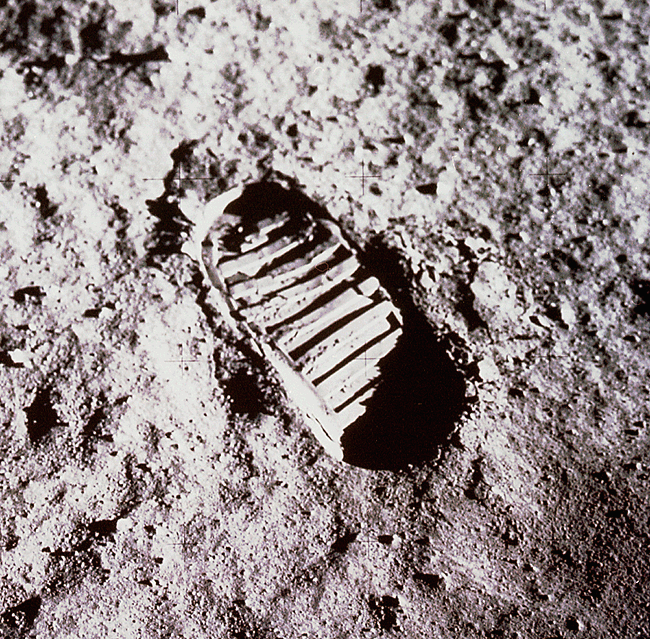There is no specific identity that shows the Renminbi is undervalued, but there are signs of this, including that the economic leadership of that country, especially the central bank, has worked to keep GNP growth ahead of inflation. That economically healthy countries do this is a sign of good business and serves as a powerful attraction for investment moneys, tourism, trade and internal commerce. The last time, for instance, many of the older, established western countries enjoyed this type of commercial growth was long ago, and the effect was simply blamed on the idea that these countries had colonies, slaves, and so forth. The fact is that western countries woke up to different issues about 100 or so years ago, and realized that economic statistics and figures, even unemployment statistics are of secondary importance to other socio - economic issues, like productivity, capital flows, the number of cars on the road, alcohol statistics, the problem with crime, and so forth. P.R.C. in toto has not begun to deal with these issues on a public policy level, especially given the high rate of suicides among the populace, the place of women and children in that society, and so forth.
So what arithmetic or geometric identity will tell whether or not the P.R.C. currency is undervalued? There isn't one, but there was some time ago, a similar problem with the Japanese Yen having a low value against the dollar (say during the 1960's - 70's.) I have not checked the latest value of the Yen since it reached around 100 to the U.S. Dollar some time ago (another overvalued currency.) The solution to the Yen value at the time was a transitional mechanism, much is like what the Chinese have agreed to at this point, but that mechanism is old and subject to subtrefuge as the Yen mechanism was.
One alternative to the current standard that measures the Renminbi instead of using the U.S. Dollar is to peg the Chinese currency to gold, but at that juncture the Chinese will try to buy all the gold they can with their Dollar reserves and that's not good, either. Another alternative would be to slap the P.R.C. with trade sanctions until it allows its supported currency to float freely. This would interfere with attempts by domestic Chinese policy makers to improve the lot of their people while they are in a position to do so. The question is, do we as holders of U.S. Dollars and Dollar assets, care about our Chinese neighbors enough to want to let them build their country at significant expense to us. This brings up an entire series of questions, including things like technology and human resources "transfers" to P.R.C. that are actually government and corporate gifts to satisfy unhappy people in their leadership (people like me some times use the term 'spoiled' to describe this sort of character.) Further, in addition to the merchandise that is produced in China and that we spend so much money on, how can we quantify the disinvestment and 'brain drain,' and technology exports, some of them clandestine and carried out by cheaters in the system? Policy - makers everywhere who hold U.S. Dollars can not quantify these and other factors that will contribute to a real valuation of the Renminbi.
People like me know that it is indeed difficult to revalue a currency that is sponsored or supported by major bank operations, and not just those of the Bank of China (and I mention this without reference to any specific, sovereign nation or financial institution,) and that same of a state - controlled, essentially non - market economy that has grown very large and powerful. Without mentioning the nature of the dangers of non - market systems to capitalism and so forth, it is obvious that China produces many goods without respect to purchasing power parity and other factors within the country of China and maybe even within Asia as a region. This is what is so dangerous, when the leadership of a sovereign nation represses things like needs and wants of its people, even major needs and wants such as happiness, freedoms, success and so forth; about command economies which P.R.C. in fact still is at this point. The reasons why are complicated, especially the long - term consequences for trade and capital flows, but people like me again do believe this current course of events could provoke a crisis, and in order to avoid a crisis, P.R.C. should be called upon to re - value its domestic currency, and the order of business is that eventually the role of the state in business, if it is as China declares it to be - an agent to assure economic and investment success - will eventually become less conniving and of secondary importance to the real creation of value and wealth in P.R.C. itself. There is by analysis in China today a kind of 'will - to - power' economically and politically in the world, and in other domains such as science and culture, and it is important to mention there is nothing that will assure the growth of any intrinsic value of that country apart from its historical role and reputation, even within Asia, given the machinations of its policy makers today and how that translates into an artificially low value for its trading currency. Investment possibilities, in fact investment yields, and other measures of business success in other parts of the world and the history of same; and their continued success have made the Chinese kind of angry and envious at foreigners, and this despite some very meritorious things the Chinese people represent.
This said, the Renminbi is without question undervalued, but by how much? The fact is, everyone, including the man in the street has their own ideas, but in fact people like me know China has used its debtor accounts and other accounts to influence purchasing power parity, interest rates, and investment yields everywhere it sells products, some of which are very good. That this should stop is a question that the P.R.C. leadership sees as debatable, including the effect all this has had on its currency that is as much as 60 % undervalued given various factors, and maybe more. Simple quantitative analysis of Dollar reserves, current account balances, capital flows, interest rates, and other numerous private information might yield a similar answer, but remember as well that psychological factors and other influences in the currency markets might call for a further devaluation of the Renminbi, and this remains to be seen. Despite what any reader of this article might believe, what is written here is not specifically a response to U.S. international Dollar values are, because I do not know them at this point. This writing is, however, a response to Chinese economics, apparently as developed in Shang hai years ago and then distributed everywhere (same, for instance, as the 'Hundred Flowers' under Mao, but with practices that have been more dominant and more successful despite questions about their legitimacy as have come out in arguments about currency values,) and on and on.

















